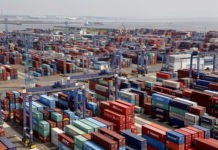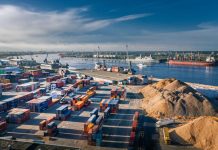
The FIT Alliance partners will work together to generate awareness about the importance of common and interoperable data standards and common legislative conditions across international jurisdictions and platforms.
“Through the FIT Alliance, we are collaborating with key industry players to create and accelerate the adoption of digital standards for bills of lading that will make international shipping dramatically more simple, secure and seamless,” said John W.H. Denton AO, ICC secretary-general.
The aim of this initiative is to facilitate acceptance and adoption of an electronic bill of lading (eBL) by regulators, banks and insurers, as well as to unify communication between these organisations and customers, physical and contractual carriers, and all other stakeholders involved in an international trade transaction.
“The digitalisation of documentation for container shipments will add value for international suppliers who rely on shipping across sectors,” said David Loosley, secretary-general and CEO of BIMCO.
In addition, Stephane Graber, FIATA director-general noted that interoperability between all actors of the trade and transport industry is the key foundation to enable smooth data exchange and to streamline the end-to-end shipping process for our members.
Moreover, Thomas Bagge, DCSA CEO, commented, “As such, an incredibly diverse set of stakeholders touches the bill of lading transaction, from government regulators to insurers, to shippers from every industry. To achieve widespread use of eBL, they must all be on board with adopting digital bill of lading standards.”
Bagge concluded, “The agreement between DCSA and these diverse industry associations is an exciting milestone in our journey towards standardising all container shipping documentation through our e-documentation initiative.”





